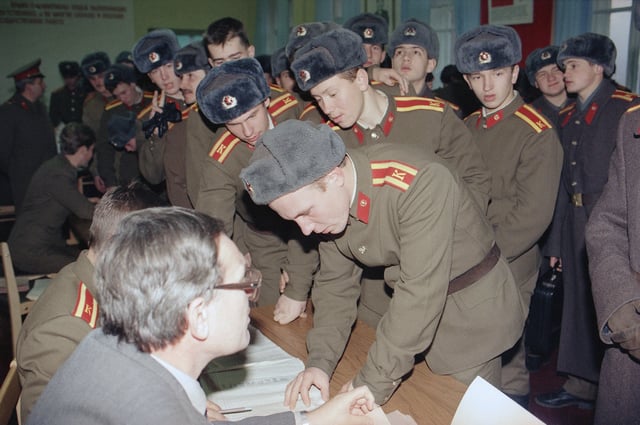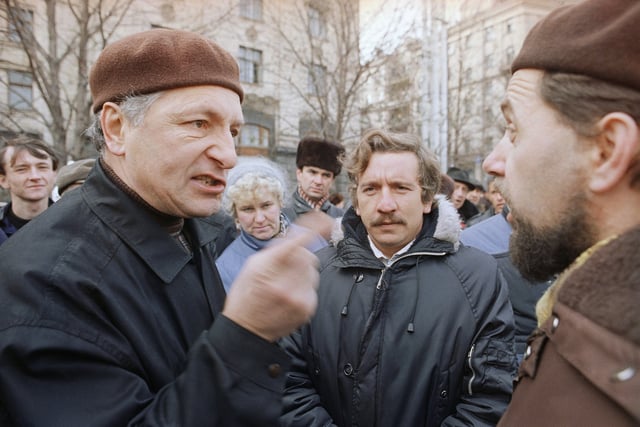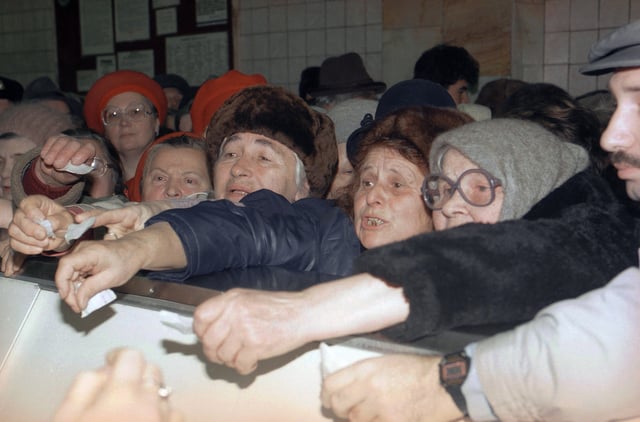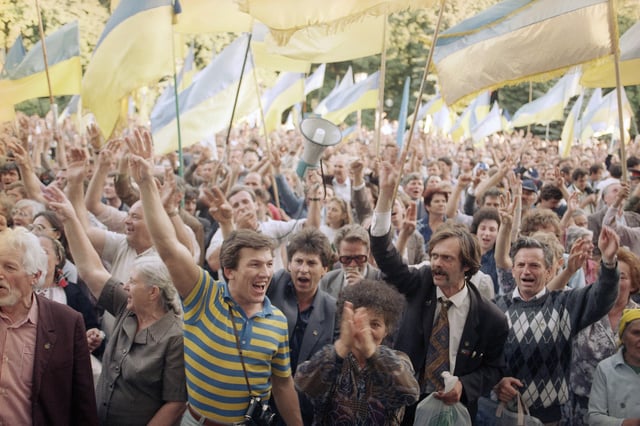Overview
- Independence-era leaders describe decades of Russian political pressure and efforts to sideline pro‑Western voices after 1991.
- They say a failed push for 1990 snap parliamentary elections left Soviet-era lawmakers in place and entrenched pro‑Russian networks.
- Former negotiator Yurii Kostenko recounts being ousted under Russian pressure and says Ukraine sent warheads to Russia for about $1.5 billion in fuel and gas, which he calls a fraction of their value.
- Ukraine accepted the 1994 Budapest Memorandum’s political assurances instead of NATO guarantees, which Russia later undercut by seizing Crimea in 2014 and launching a full-scale invasion in 2022.
- These early decisions now frame Ukraine’s drive for EU and NATO integration as a security necessity, according to the activists.



